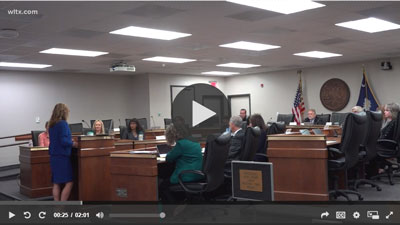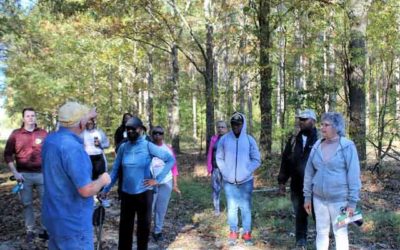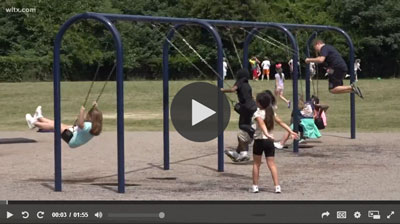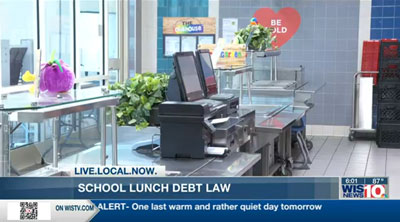The State Newspaper
News
Grant Allows West Columbia to Install More Bike Racks
Lexington County Chronicle
Committee hears testimony on what can be done to help children in SC
WLTX News 19 Columbia
Project Discovery Palmetto Trail: Increasing physical activity through outdoor family connection
Wholespire Richland County uses HEAL Mini-Grant to improve the use of The Wateree Passage of the Palmetto Trail in Eastover.
Without universal free school meals, parents and advocates worry about school meal debt
WLTX News 19 Columbia
Kershaw County School District opens playgrounds to public
WLTX News 19 Columbia
School lunch debt law
WIS TV News 10 Columbia
This school year, SC districts can no longer use debt collectors to recoup for unpaid meals
WRDW TV Augusta
Legislators, Governor Raise Healthy Bucks Food Program Limit
Thousands of SNAP recipients will get extra help purchasing fresh fruits and vegetables at their farmer’s market.









